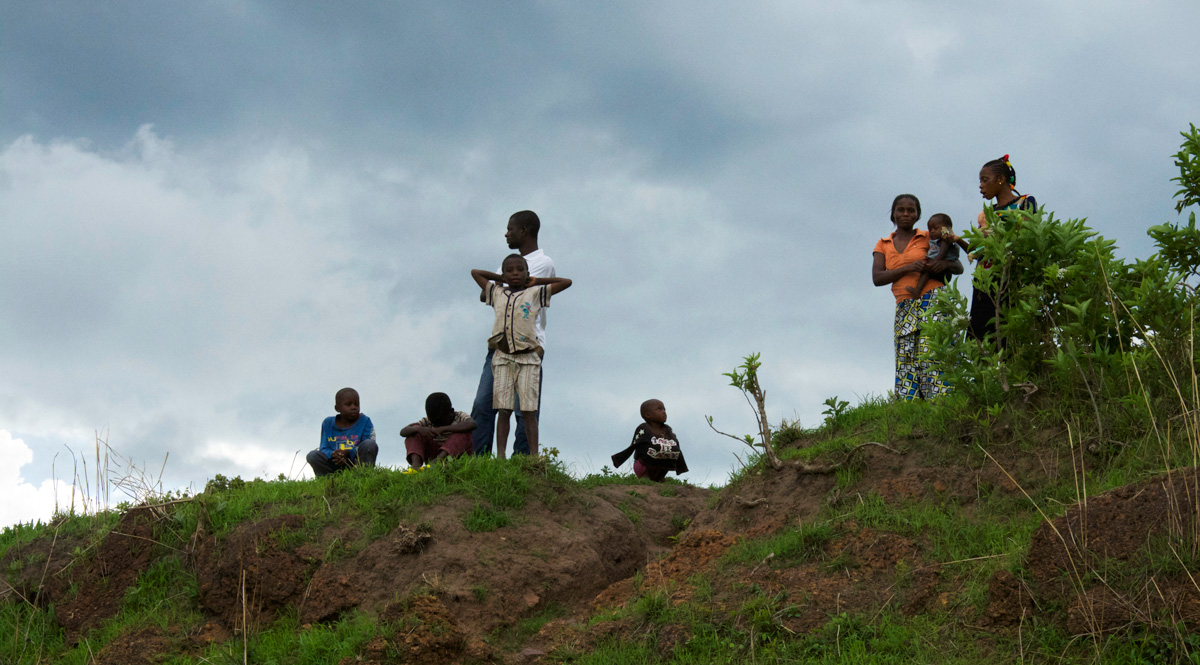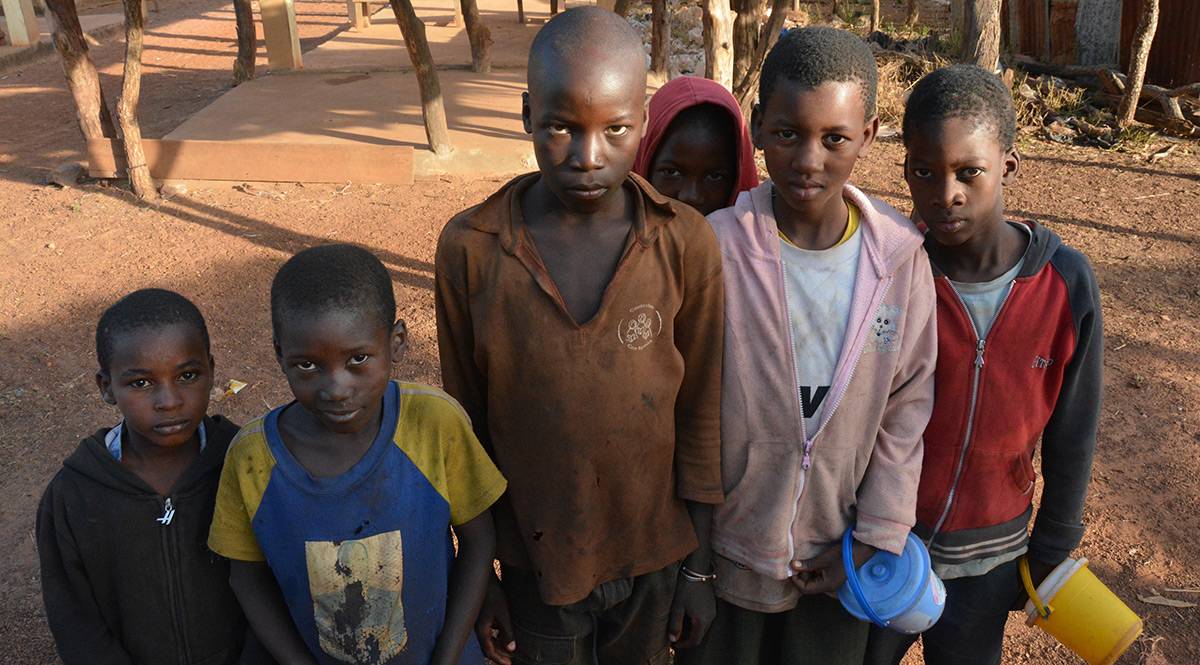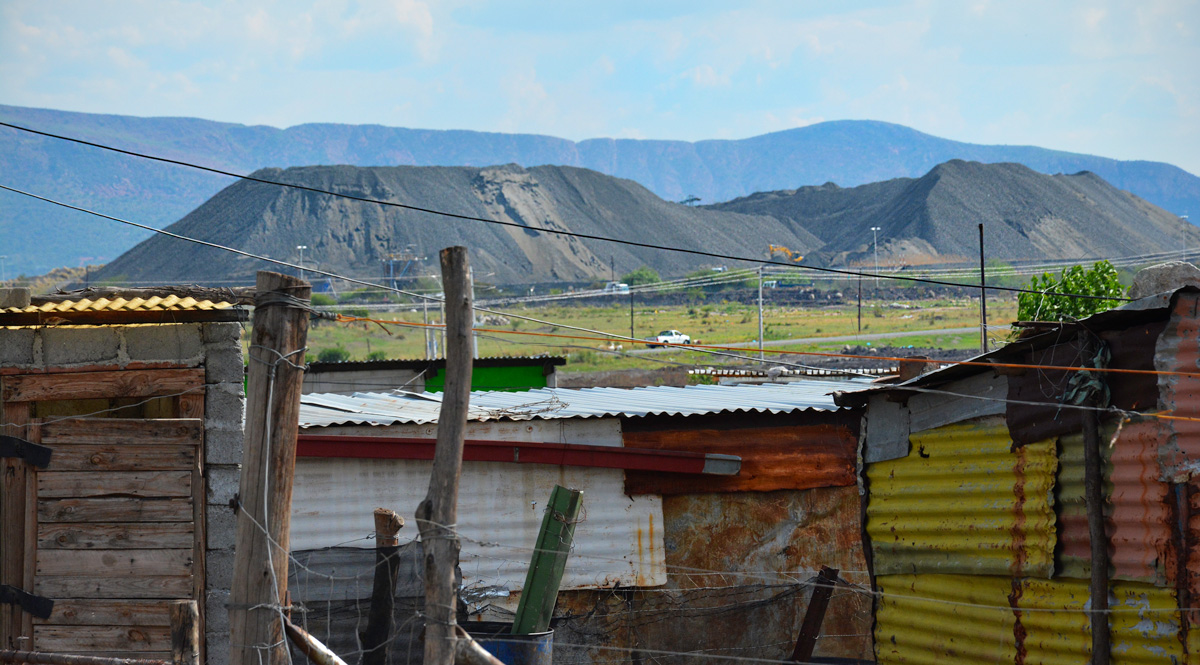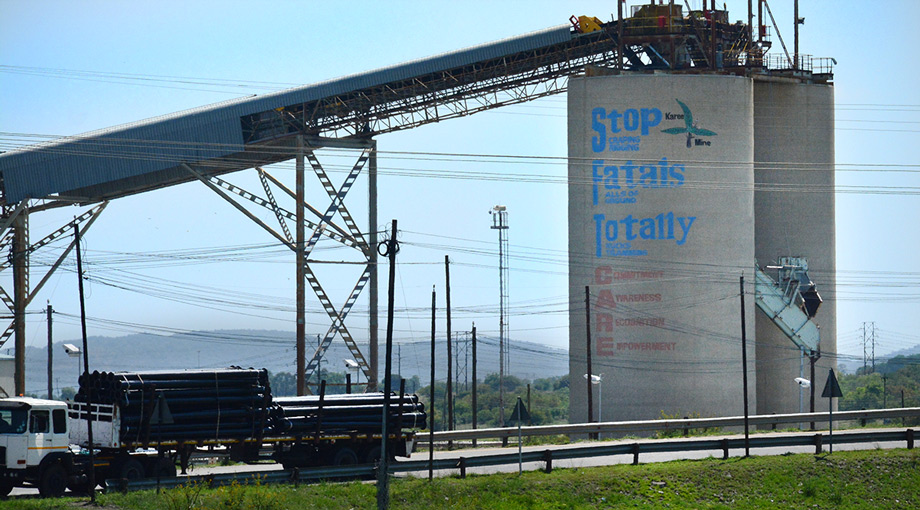Fatal Extraction is an international collaboration combining corporate data and extensive field reporting to reveal deaths, injuries and community conflicts linked to Australian mining companies across Africa. Australia has more mining companies in Africa than other mining giants such as Canada and China.
The International Consortium of Investigative Journalists worked with 13 reporters from 13 countries in Africa. The African Network of Centers for Investigative Reporting (ANCIR) provided important logistical, data and editorial support.
It is one of the largest ever collaborations of African journalists.
Reporters analyzed more than 1,000 company filings from the Australian Securities Exchange to measure the scale of Australia’s mining presence in Africa and the number of fatalities reported by companies operating across the continent. ICIJ and its partners obtained dozens of court documents, government investigations and community complaints in more than 10 languages.
ICIJ used corporate filings with the Australian Securities Exchange to calculate the number of fatalities reported by Australian publicly-traded companies in Africa. Reporting on the ground also enabled ICIJ to provide details on deaths that were not reported. In a few cases there are ongoing allegations that companies were directly or indirectly responsible, which the companies have refuted.
ICIJ and its media partners combined data analysis with hundreds of interviews with mining executives, politicians, residents, mine workers, civil society members, kings, queens and tribal leaders and lawyers.
In the more than 18,000 miles traveled for this project, reporters collected images, videos and audio from remote communities where they found unique stories rarely heard outside these regions. Together with the Center for Public Integrity, ICIJ created an immersive multimedia presentation to reveal the human impact of some of these mining projects, and bring to life the stories of those affected.
The Team
Project Manager: Gerard Ryle
Lead Reporter: Will Fitzgibbon
Multimedia Editor and Reporter: Eleanor Bell
Data Reporter: Cécile Schilis-Gallego
Online Editor: Hamish Boland-Rudder
Data Editor: Mar Cabra
Data contributors: Friedrich Lindenberg (ANCIR iLab), Rigoberto Carvajal
Editors: Martha M. Hamilton (ICIJ), Tom Stites (ICIJ), Philippe Riviere (ANCIR iLab), Mark Schapiro (ANCIR iLab), Heinrich Bohmke (ANCIR iLab), Kimberley Porteous (Center for Public Integrity)
ANCIR coordinators: Khadija Sharife, Justin Arenstein
News apps developers: Chris Zubak-Skees, Fernando Blat
Graphic designer: Álvaro Ortiz
Multimedia assistant: Suzana Gashi
Researchers: Emilia Diaz-Struck, Karrie Kehoe, Delphine Reuter
Fact checkers: Peter Smith, Richard H.P. Sia
Reporters:
- Alvin Ntibinyane (Mmegi, Botswana)
- Mbongeni Mguni (Mmegi, Botswana)
- Boniface Keakabetswe (Mmegi, Botswana)
- Collins Mtika (Nyasa Times, Malawi)
- David Dembele (Depeches Mali, Mali)
- Finnigan wa Simbeye (Daily News, Tanzania)
- Gift Chanda (Zambia Post, Zambia)
- Latif Mahama (CitiFM, Ghana)
- Moussa Aksar (L’Evenement, Niger)
- Ray Choto (Voice of America, Zimbabwe, USA)
- Riana Raymond (L’Express de Madagascar, Madagascar)
- Rob Rose (Financial Mail, South Africa)
- Sandrine Sawadogo (L’Economiste du Faso, Burkina Faso)
- Selay Kouassi (Abidjan Live News, Cote d’Ivoire)
- Shinovene Immanuel (The Namibian, Namibia);
- Ndanki Kahiurika (The Namibian, Namibia)
- Tidiane Hamadou Sy (OuestAf News, Senegal)
Support for this collaboration includes grants from the Pulitzer Center on Crisis Reporting, Open Society Initiative for West Africa (OSIWA), Free Press Unlimited (FPU) and Natural Resource Governance Institute.



